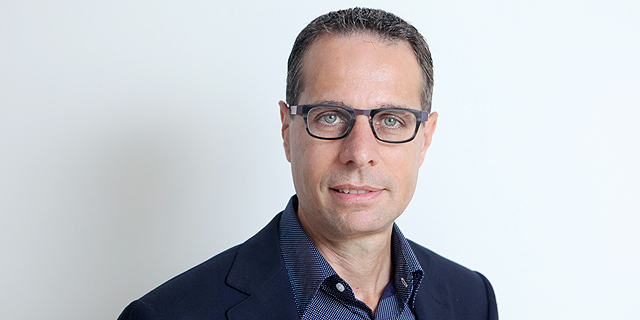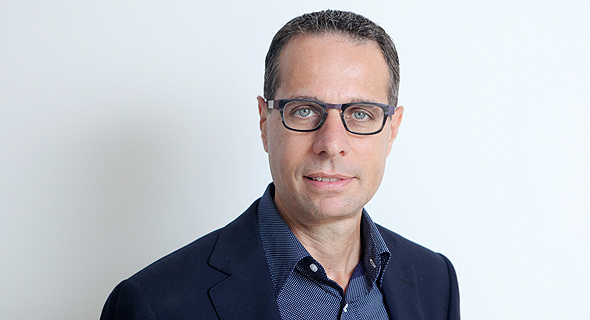
Top Startups
Calcalist's Top 50 Startups 2019: Riding the Unicorn
The Israeli tech industry proved this year that it is capable not only of producing companies but also of growing them. Now, when a group of U.S. unicorns is going public, Israeli companies are in line to do the same
See Calcalist’s top 50 startups project here
The trend for public companies is opposite: the number of Israeli companies listed on Nasdaq and the New York Stock Exchange has significantly diminished, due to a large number of acquisitions of public companies as well as the decline in initial public offerings of Israeli companies in the past four years. The total market capitalization of Israeli tech companies listed in the U.S. is about $45 billion, around $30 billion of which can be credited to companies that listed in the 1990s, such as Check Point Software Technologies Ltd. and Nice Ltd., and the rest to companies that listed over the past decade. It is worth mentioning that most of the sum comes from just nine leading Israeli companies listed on Nasdaq and NYSE. This year, for the first time, the total valuation for private Israeli tech companies surpassed the market capitalization of Israeli public companies, including Check Point. The upcoming year may represent a change. The last Israeli company to make a significant IPO was Mobileye NV, which listed on NYSE in 2014, prior to its 2017 acquisition by Intel, but there is currently a growing number of Israeli companies that are both ready and willing to go for a U.S. IPO. Cybersecurity company Tufin Software Technologies Ltd. was first to adopt the re-emerging trend of U.S. IPOs this year, and we can expect additional Israeli companies to follow by the end of 2019. In 2019, even more than in previous years, the continued growth of the Israeli tech industry is dependent on the U.S. capital market—mostly because this year, unicorns such as Lyft, Pinterest, Slack Technologies Inc., Uber, and Zoom Video Communications Inc. will or have already become public companies, enabling the long-awaited liquidation of the market.In addition, the changing trend can give a clear indication as to whether the valuations in the private market are in sync with the actual public valuation of companies. For now, the public market backs up the private market valuations. Lyft’s stock was in high demand, sending its price up during and after its IPO. Its market cap is currently slightly below its IPO valuation but is still higher than its valuation during its last investment round. Pinterest’s stock was also in excess demand, but its valuation during the IPO was still lower than its last valuation. Today, the company is traded with a market cap significantly higher than its IPO valuation. The valuation of video conferencing company Zoom rose by more than 70% on the day of its IPO. These are exactly the kind of companies the market is looking for, though at times it also looks favorably upon companies with a meaningful vision, yet continued losses.

No Comments Add Comment